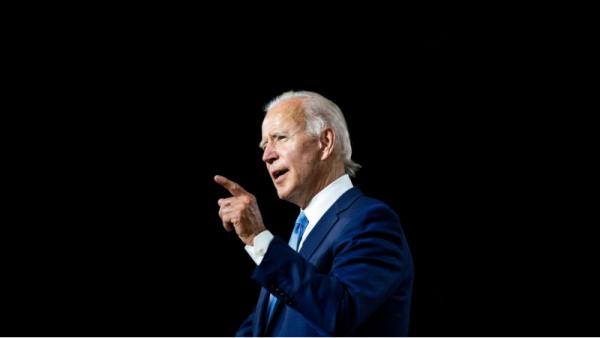Luca Perra / Shutterstock

Corey Lee Bell, Project and Research Officer, Australia-China Relations Institute, University of Technology Sydney |
This article appeared in The National Interest on November 13 2023.
Biden-Xi meeting – Are expectations low enough? In the first high-level talks between Chinese officials and the Biden administration in 2021, delegates from Beijing made it known that Washington, in their view, was unqualified to speak to them ‘from a position of strength.’
In the Chinese readout of the November 2022 meeting between the two leaders, Beijing’s message was more conciliatory, yet noted ‘We are advancing the rejuvenation of the Chinese nation on all fronts through a Chinese path to modernisation.’
Much has changed. And when Xi and Biden meet in California on the sidelines of the APEC meeting on Wednesday, the Chinese leader’s message will likely have a different tenor.
China’s seemingly unstoppable growth has given way to a more fragile economy, marked by a slumping real estate market, soaring provincial debt, and high levels of youth unemployment. Internationally, its Belt and Road initiative has stalled, it is on less friendly terms with Europe and East Asia, and a de-risking and technological sovereignty push abroad, augmented by increasingly draconian security laws in China, is keeping away much-needed Western buyers and investors.
Beijing is blaming Washington for some of these and many other problems. But in so doing, it is giving credence to the very notion of sustained American potency it has long sought to undermine.
Xi is likely to go into the meeting regretting his administration’s previous misjudgement of the Biden administration’s mettle, and his premature challenges to a wounded but unbroken superpower. The core task he will have - and that these misjudgments have made more challenging - will be to refocus on the November 2022 part of the message, which said that the bilateral relationship should be marked by ‘win-win cooperation, not confrontation and zero-sum competition,’ and try to convince Biden that the tech bans and ‘de-risking’ policies that are starting to bite in China are not necessary, and ultimately against the United States’ interests.
Xi will undoubtedly point out that, as in the COCOM trade bans against the former Soviet Union, Washington’s enthusiasm for exclusionary economic measures aimed at China – much less an economic or tech war – is not shared by many of its European and Pacific allies. Unlike the past, few of those nations will back their disdain for economic decoupling with a more benign vision of Beijing’s strategic intentions.
In his meeting with Biden, Xi will not be without carrots in the form of minor trade concessions and cooperation in confronting global challenges, the most important of which will be addressing climate change and the transformation of green energy. However, in the pivotal issue of China’s core interests in Taiwan, the South China Sea, and Beijing’s growing aggression in the East China Sea, there is likely to be little room for compromise. It is unlikely that this will be enough to prompt a profound change in a profoundly skeptical Washington. Arguably, the best that could be hoped for is stabilisation and an outline for a path forward. Hopefully, this will involve a green light for high-level military consultation to establish guardrails for interactions in the South China Sea and prevent accidents leading to catastrophe.
The biggest obstacle for anything beyond that is Xi himself and what his leadership represents. Beijing has long sought to educate the world on the merits of its visions, the benignity of its aspirations, and the cultural idiosyncrasies and nuances that explain its different political values. But placing bets on the discipline of a near-peer rival led by what is shaping to be a leader for life, in charge of what is for all intents and purposes a one-party state, goes against the lessons of history and every fabric of the United States’ political DNA.
Stabilisation is by no means a lofty goal. But should it occur and remain durable, it will, for now, be no small achievement.
Author
Dr Corey Lee Bell is a Project and Research Officer at the Australia-China Relations Institute, University of Technology Sydney.


